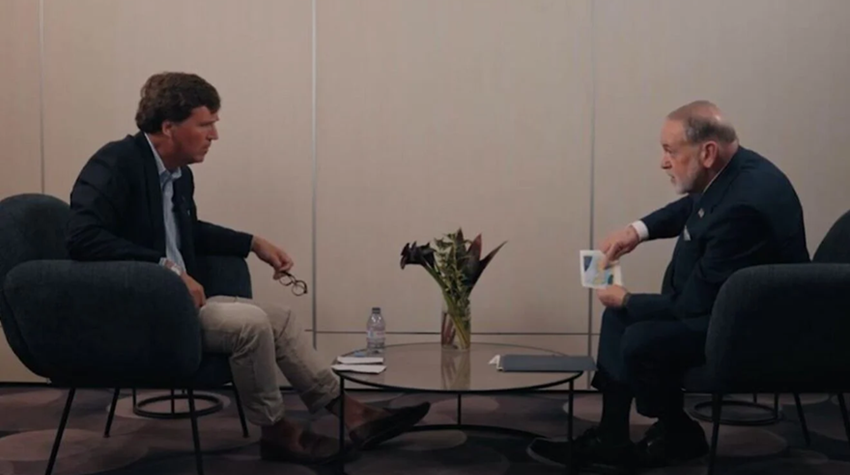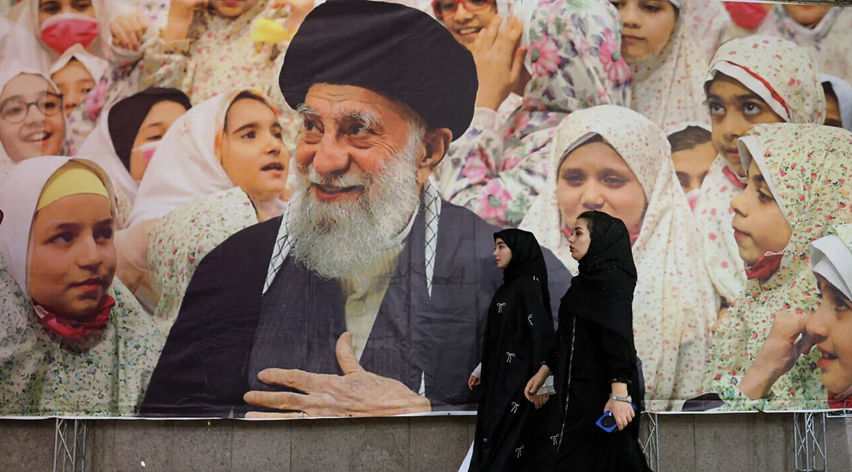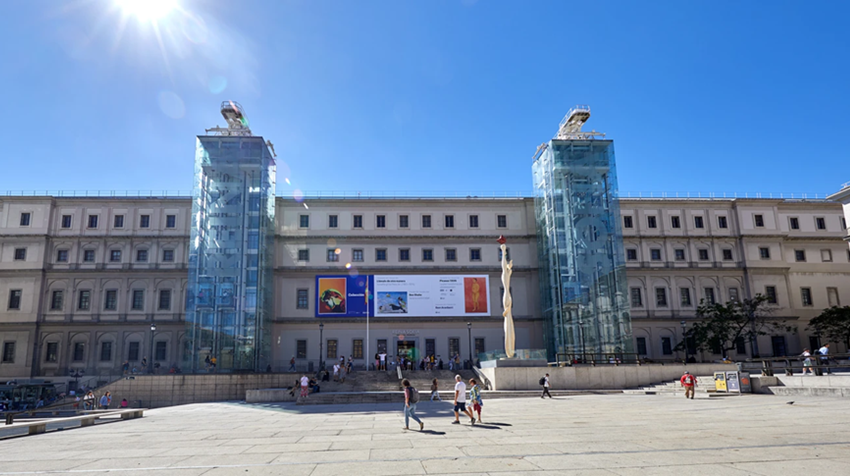Credit: USC Shoah Foundation
Professor Yehuda Bauer, who passed away on October 18 at the age of 98, was a historian who through his studies taught us that the remembrance of the Shoa and the construction of its memory are universal. He also taught us that knowing the ideology and processes that led to the murder of 6 million Jews, as well as the stories of heroism and salvation, are elementary and fundamental in establishing a world that accepts diversity. His teachings will continue to illuminate my path as an educator in Israel and Jewish Europe.
“Let me tell you a story” – this is how he would often begin his conversations with students and teachers. “Knowing dates and historical facts is not enough. We need to know the stories of individuals and study their ethical dilemmas,” he would say. Born in Prague, Bauer emigrated with his family to the Land of Israel in 1939. After completing high school, Bauer began his studies at Cardiff University on a scholarship from the British government, but was interrupted in 1948 by the War of Independence, returning to Israel to fight in the Palmach’s Oded Brigade.
The historian was one of the most respected authorities on subjects such as the Holocaust and anti-Semitism. In 1998, he received Israel’s highest civilian award, the Israel Prize; and in 2001, he was elected a member of the Israeli Academy of Sciences. Professor emeritus at the Hebrew University of Jerusalem and a consultant to Yad Vashem, Bauer was one of the founders of the current International Holocaust Remembrance Association (IHRA).
At a time when many Israelis viewed Holocaust survivors as passive “sheep to the slaughter” who had not left Europe in time — as opposed to the proactive sabras who came to Israel in earlier waves of aliyah — Bauer collected oral histories from survivors who told a very different story of Jewish resistance in the ghettos.
Much of Bauer’s earlier work detailed the sheer magnitude of organized Jewish resistance against Nazi Germany, particularly in Polish ghettos. He also wrote about post-Holocaust Jewish organizations, such as Bricha, meaning escape, which provided aid to survivors and helped smuggle them into Mandatory Palestine from displaced persons camps in Europe before Israel’s establishment.
Bauer challenged the idea that resistance to Nazi Germany consisted only of physical violence. In his eyes, any Jewish action that ran contrary to Nazi policies — keeping religious tradition, smuggling food and underground political organizing — was resistance.When American and European leaders formed the International Holocaust Remembrance Association in 1998, Bauer became the organization’s academic advisor and began to take an active role in promoting a policy to counter antisemitism.
A true polyglot, his fluency in Czech, Slovak, German, English, Hebrew, Yiddish, French, and Polish allowed him to utilize a range of archives essential for understanding this history and to engage in the serious scholarly discussion needed to open our eyes to the truly international aspects of this subject. Over the course of his career, he published more than forty books, was the doctoral advisor to some of the foremost scholars in our field, helped establish several of the most important journals in the field, and won more academic prizes.
Bauer's last published book, titled “The Jews: A Contrary People,” is a collection of argumentative essays, more so than a unified text. Within its pages, he lays out his firmly held atheist beliefs and hopes for the future of Israel.
At 98 years of age, Professor Bauer was called to another dimension, we were fortunate to spend many years with Yehuda. It was still not enough.
Source: Time Of Israel and USA Foundation



































